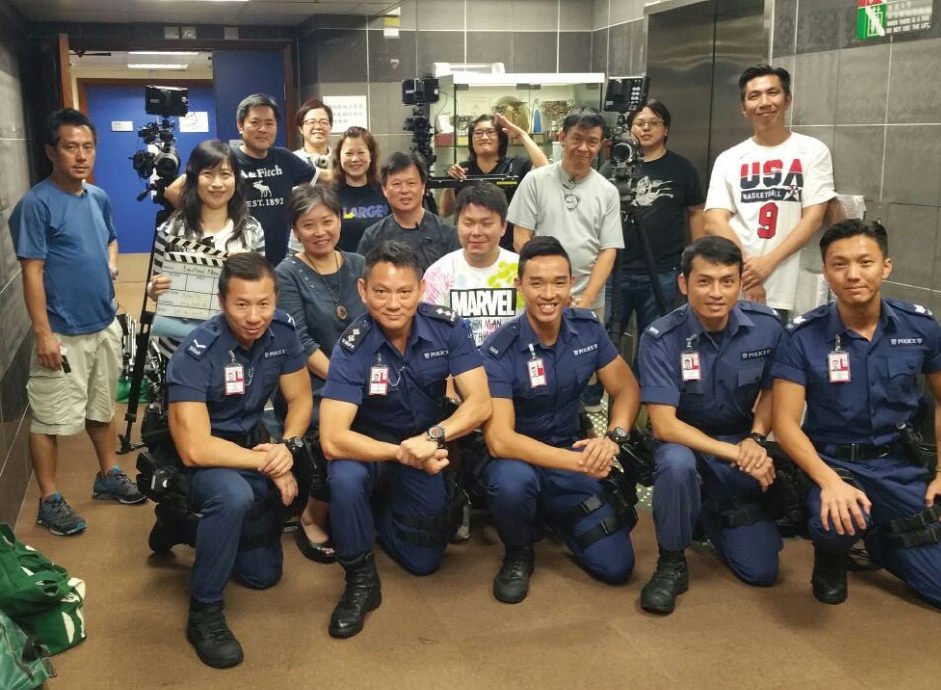Enhance Psychological Resilience and
Excel at
Both Law Enforcement and Services
Hong Kong Police Force
2015
The police are not only law enforcement officers but also service providers. It is a challenge for modern police to carry out effective law enforcement and at the same time provide quality service. Therefore, in 2005, the Police College began implementation of “Psychological Competency Training” (PCT). The project aims to help officers develop better psychological competencies and master professional psychological knowledge, so that they can conduct effective law enforcement while providing better services.
An innovative and evidence-based approach
The PCT focuses on training needs analysis, effectiveness assessment and continuous improvement. In cooperation with university partners and drawing on the findings of research on positive psychology, the Police College developed training contents based on empirical evidence to cultivate officers’ positive emotions and psychological resilience through their lifestyles, behaviours, and habits of mind.
The training curriculum incorporates innovative methods, with video material based on officers’ real-life experiences and re-enacted by officers from different units. This resonates more clearly among the officers and makes the training closer to their hearts. The team in charge of the curriculum also creates cartoon characters to produce course contents with a more emotional touch, including animations, brochures and thank-you cards.
An evolving work culture bringing benefits on multiple levels
Influenced by the traditional beliefs, some officers still primarily value authority and operational skills, and sometimes overlook the importance of soft skills such as empathy and positive emotions. In order to change this work culture, the Police College first sought support from its instructors and supervisors, who would then affect other officers, so that everyone can understand the importance of balancing both hard and soft skills.
To sustain training results, the course is conducted in multiple phases, so that the trainees can practise their newly-acquired skills during the intervals and gradually build them into habit. According to the results of a post-training survey conducted by the Police College and the Chinese University of Hong Kong, respondents showed improvement in 18 of the 23 indicators for positive emotions and resilience immediately after the training, and ten weeks after the training significant improvement was maintained in 14 of the indicators.
The participants are from all ranks within the Force, ranging from police constables to the commissioner, and including regular, auxiliary and civilian officers. More than 700 officers participated in the pilot scheme and 15,000 officers participated in the course during 2014. They thought that the course not only helped them improve their work performance but also benefitted their relationships with family and colleagues, and most importantly, it enabled them to better serve the public.



